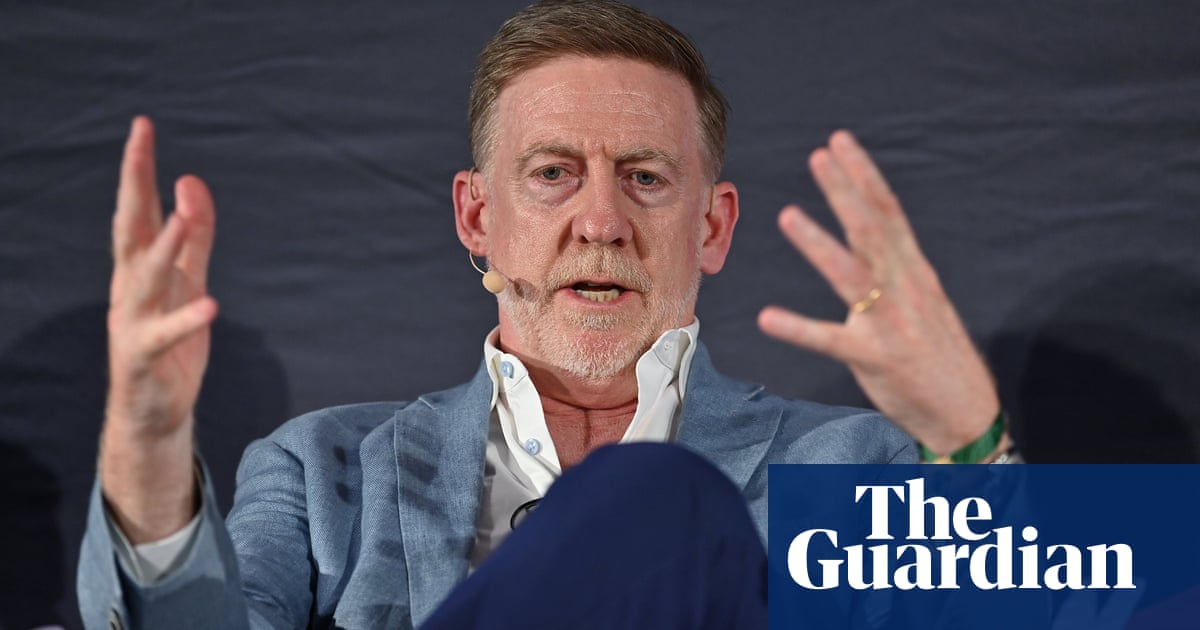Bill Owens, the executive producer of 60 Minutes, says he is leaving the flagship news program because he lost his journalistic independence.
In a staff memoobtainedby the New York Times, Owens said that “over the past months, it has become clear that I would not be allowed to run the show as I have always run it, to make independent decisions based on what was right for 60 Minutes, right for the audience”.
He continued: “So, having defended this show – and what we stand for – from every angle, over time with everything I could, I am stepping aside so the show can move forward.”
He said the show will continue to cover the newTrump administration, adding: “The show is too important to the country. It has to continue, just not with me as the executive producer.”
Owens is only the third producer to run 60 Minutes in its 57-year history, following Jeff Fager and its founding showrunner, Don Hewitt.
His departure comes amid a long-running dispute between Donald Trump and the CBS program over a lawsuit he filed over its editing of an interview with Kamala Harris in the run-up to the 2024 presidential election.
Trump said in his lawsuit that CBS News engaged in “partisan and unlawful acts of election and voter interference” by editing its 7 October interview with Harris. An answer Harris gave about Israel’s war in Gaza was released online, but was not part of the full broadcast.
CBS has denied the claim, saying Trump’s lawsuit was an attempt by government officials to “punish” journalism institutions for their editorial decisions.
Lawyers for Paramount Global, CBS’s parent company, and Trump are currently engaged in settlement talks over his $20bn lawsuit.
In a separate note on Tuesday, the CBS News president, Wendy McMahon, praised Owens and said she remained “committed to 60 Minutes and to ensuring that the mission and the work remain our priority.”.
“Standing behind what he stood for was an easy decision for me, and I never took for granted that he did the same for me,” she wrote.
Trump, who has frequently branded journalists “the enemy of the people”, has escalated his attacks on the US media landscape since taking office in January.
Last month, he accused CNN and MSNBC of being the “political arms” of the Democratic party, suggesting their actions should be deemed illegal and subject to investigation.
Government-employed journalists at Voice of America (VoA), which broadcasts news, information and cultural programming in nearly 50 languages to a global audience, were put on leave after Trump signed an order eliminating the US Agency for Global Media (USAGM), VoA’s parent company.
The White House has also moved to take control of the press pool away from the White House Correspondents’ Association. Instead, members of the White House press pool are now selected by administration officials.
The White House has also been engaged in a highly publicized dispute with the Associated Press over the wire agency’s decision not to adopt the name Gulf of America instead of Gulf of Mexico into its stylebook, attempting to restrict the AP from access to the Oval Office and Air Force One.
Additionally, Trump’s social media platform Truth Social is currently embroiled in a defamation lawsuit against 20 news outlets that reported an erroneous earnings figure.Semaforreported earlier this week that politics news site The Hill “privately convinced the owners of Truth Social to drop it” from that lawsuit and as “part of the settlement, the Hill’s owner agreed to fire one of its own journalists”.
CBS did not respond to an immediate request for comment.
